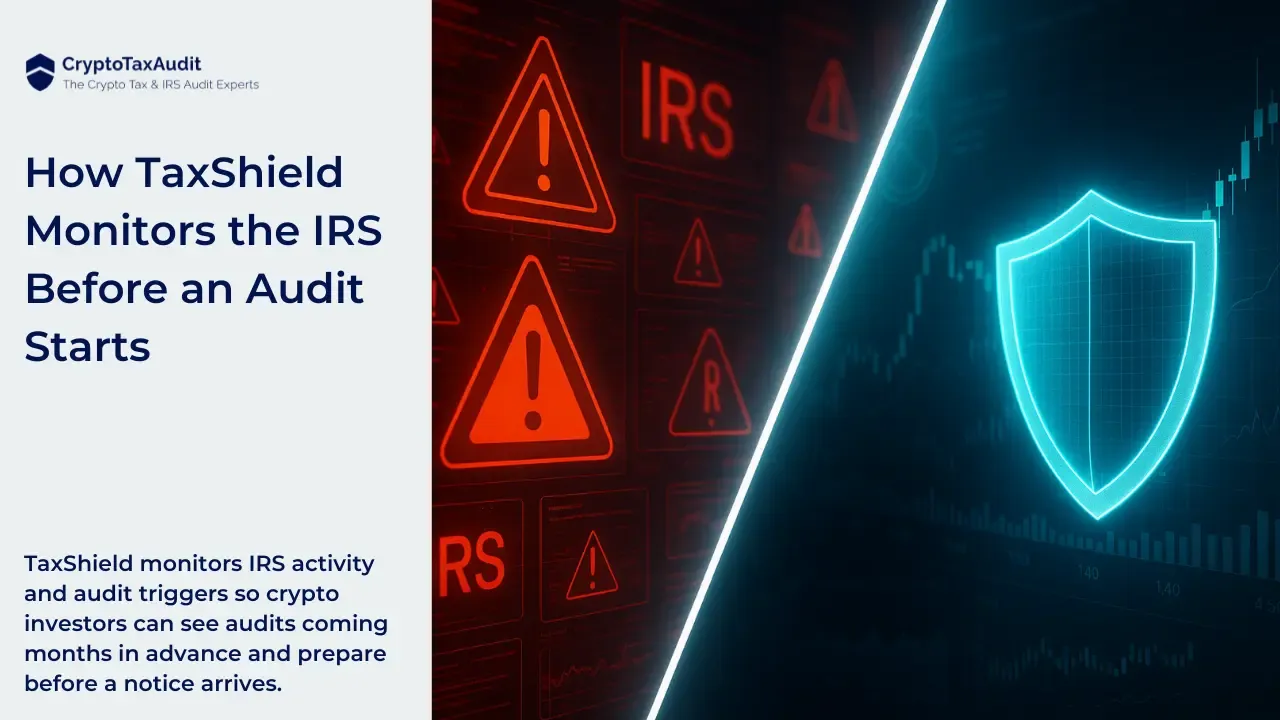
Fallen Victim to a Pig Butchering Scam? Here’s the Tax Help You Need!
KEY TAKEAWAYS:
-
Pig Butchering Scams Are Tax-Recognized Losses: If someone is indicted for running the scam, victims can claim losses using Form 4684 under Ponzi scheme rules.
-
No Indictment? You Still Have Options: Without an indictment, you may still deduct the loss as a capital loss using Form 8949 and report $0 proceeds.
-
Evidence Is Everything: Documentation—such as FBI reports, transaction records, or forensic wallet tracing—is essential for audit protection.
-
CryptoTaxAudit Specializes in Crypto Scam Tax Recovery: Our team provides expert support to help you file correctly, defend your claim, and maximize your legal recovery.
In recent years, pig butchering scams have become an insidious threat, preying on unsuspecting investors.
These schemes often lead to disastrous financial losses, leaving victims feeling helpless.
One example is of a man who invested heavily in a crypto sports betting scheme, only to lose a quarter of a million dollars.
The impact was so severe that it forced him to withdraw funds from his 401k, resulting in devastating financial consequences.
What Tax Relief Is Available for Crypto Scam Victims?
Despite the grim situation, there is a silver lining within the tax code that can provide some relief.
Tax laws offer opportunities for victims to recover financially through specified deductions.
These options, however, depend largely on the ability to provide evidence linking the scam to an indictment.
Can You Deduct Scam Losses If Someone Is Indicted?
If someone is indicted for operating a pig butchering scam, you can utilize the Ponzi scheme treatment found in tax form 4684, part C.
This allows you to deduct the principal amount you invested, excluding any artificial growth, on your current year's taxes under Schedule A.
What If There’s No Indictment in the Scam Case?
In many cases, the absence of an indictment limits your options.
Here, you can report the loss as a capital loss using tax form 8949.
This document serves as a detailed record of your transactions, listing the original investment as the purchase price and $0 as the selling price.
This approach enables you to offset the loss against capital gains.
What Records Does the IRS Require to Prove Crypto Scam Losses?
The IRS requires substantial documentation to support your claims.
According to tax code section 6001, the onus is on you to prove any losses sustained. You should consider maintaining thorough records of all related transactions.
A police or FBI report can be helpful, as can employing a forensic investigator to trace and verify the transfers to the fraudulent wallet involved.
Given the permanent nature of blockchain records, this evidence could prove invaluable during an audit.
How CryptoTaxAudit Helps Victims of Pig Butchering Scams
Although falling prey to a pig butchering scam is unfortunate, it is critical to explore all available avenues for financial recovery.
Understanding the applicable tax treatments can potentially mitigate the impact of your losses on your taxable income.
To learn more, or for personalized advice, visit CryptoTaxAudit.com and schedule a consultation.
Remember, this blog post is for informational purposes and not legal advice. Always consult a tax professional for guidance tailored to your unique situation. Don't let your loss go unaddressed—take control of your financial future today!
Related Articles: Keeping Safe from AI-Powered Crypto Scams in 2024
Frequently Asked Questions
Q1: Can I deduct losses from a pig butchering scam on my taxes?
A: Yes. If an indictment is involved, IRS Form 4684 allows you to claim losses under Ponzi scheme rules. CryptoTaxAudit helps you determine the right approach and prepare accurate tax filings.
Q2: What if no one is indicted in the crypto scam I fell for?
A: You may still be eligible to report the loss as a capital loss using IRS Form 8949. CryptoTaxAudit can guide you through the documentation and reporting process to ensure compliance.
Q3: What documentation does the IRS require for scam-related tax deductions?
A: The IRS expects detailed evidence of the loss, including transaction records and possibly law enforcement reports. CryptoTaxAudit helps you organize and present this information in a tax-compliant format.
Q4: How can CryptoTaxAudit assist if I’ve lost money in a crypto scam?
A: CryptoTaxAudit offers expert guidance on how to handle scam-related losses on your taxes, including deduction strategies, IRS forms, and audit-ready documentation—but does not offer fund recovery or legal enforcement services.





